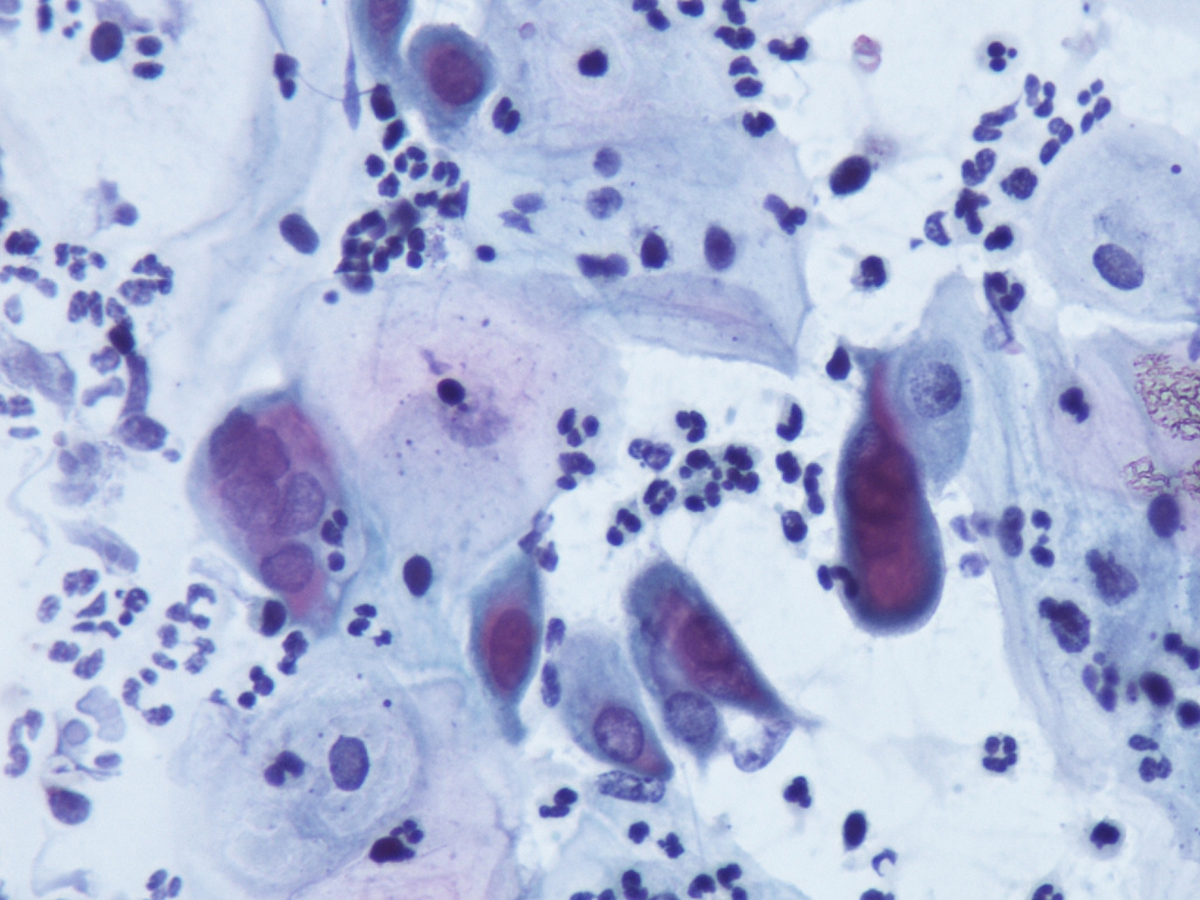Table of Contents
Symptoms During The First Outbreak of Herpes
The first thing you may notice is cracked, raw skin around your rectum and genitals. This may occur with or without an itching or tingling sensation. This frequently occurs with flu-like symptoms, including a fever, swollen glands, general aches and pains, and a headache.[1,2]
Then you may notice the formation of small, white blisters around your vagina, labia and anus. Less commonly, you may notice blisters on your thighs and buttocks, and your doctor may find blisters on your cervix during an examination. However, it is possible to have Genital herpes without these telltale blisters, so don't assume you're unaffected if you don't have the blisters.

Sometimes the infection spreads to the cervix, causing inflammation of the cervix (cervicitis). If you develop cervicitis, you may notice the following symptoms: a greyish or yellow discharge from your vagina, abnormal vaginal bleeding (for example, after sex or between menstrual periods), painful sex, a change in urination (especially if it becomes painful, difficult or more frequent), pelvic or low abdominal pain, and a low fever. This cervicitis may be the only symptom of genital herpes that you have.
Sometimes, the infection spreads to the urethra (the thin tube that carries the urine from the bladder to the vulva), and causes inflammation (urethritis). Urethritis can cause a frequent and urgent need to urinate, difficulty starting urination, and pain during urination. Confusingly, it can also cause symptoms that could be confused with cervicitis, including pain during sexual intercourse and a discharge from the vagina.
Herpes Reactivations
After the initial outbreak has been treated, you may experience further periods of reactivation. These reoccurences are usually milder than the initial outbreak, and often last for a shorter length of time. However, if you have a weakened immune system, reoccurences of genital herpes can be both very severe and long-lasting.
Many things can trigger reactivations, including:
- Menstruation
- Fatigue
- Extreme sunlight
- Physical illness
- Stress
- Surgery
- Trauma
Psychological Symptoms Of Genital Herpes
The diagnosis (or the suspicion) of genital herpes can be very distressing. It's not uncommon to feel ashamed or anxious about the diagnosis. You may feel embarrassed, and find your self-esteem lowered. You also may find it difficult to feel close to your partner.
What should I do now?
If you've noticed any symptoms, have had sexual contact with an affected partner, or have had unprotected sexual contact with a new partner (even if you haven't noticed any symptoms yourself), contact your health care provider. They will take a swab of your vagina and send it away for analysis. If you are diagnosed as having genital herpes, they will also be able to treat you with antiviral drugs, which treat the active infection and prevent you passing it on to someone else.
Don't let embarrassment and anxiety risk your health or that of your loved ones.
- Photo courtesy of joeszilagyi via Flickr: www.flickr.com/photos/rootology/2766477273
- Photo courtesy of Manuel Medina (Patólogo) via Flickr: www.flickr.com/photos/97815254@N06/9361174748


Your thoughts on this